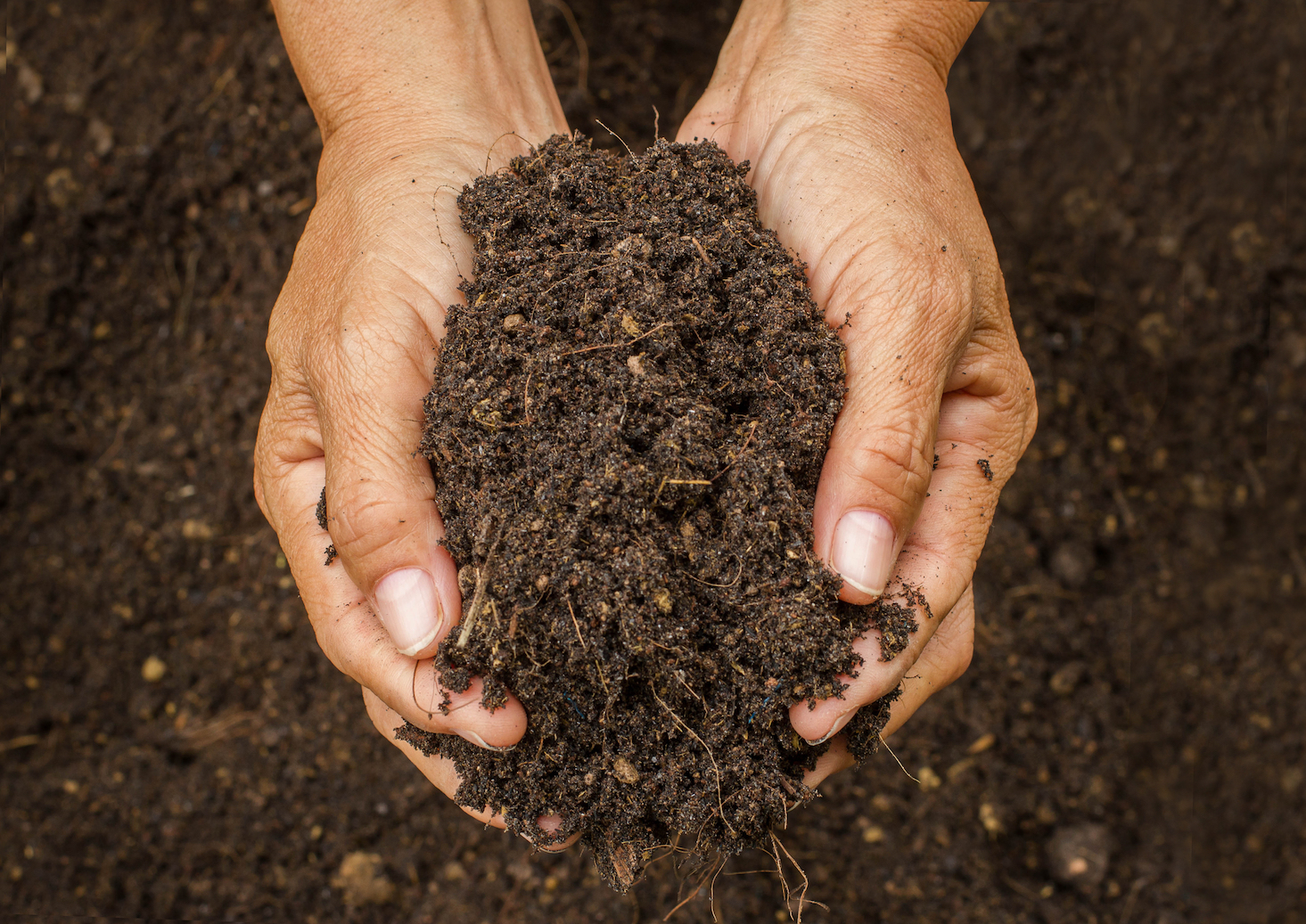
Soil could trap huge amounts of CO2 to battle climate change
Of all the proposed solutions to help mitigate the effects of climate change, there is one option that has not been discussed much but could have a big impact: soil management.
Two recent studies published in the journals, Annual Review of Ecology, Evolution and Systematics and Global Change Biology, discuss how soil can effectively trap carbon emissions and could offset global climate change in a big way.
“It is a no-risk climate solution with big co-benefits,” said Rob Jackson both a lead author and co-author of the studies. “Fostering soil health protects food security and builds resilience to droughts, floods, and urbanization.”
Decomposing organic matter in soil stores more carbon than both plants and the atmosphere combined.
For evidence, look no farther than thawing permafrost in the northern parts of the globe, which poses a major risk, as huge levels of carbon stored in the permafrost could be released in the atmosphere.
The studies contain some of the most thorough examinations of carbon levels trapped in permafrost and peatland, which have stored between them an estimated half of all carbon in the world’s soil.
However, researchers say that proper soil management could improve carbon storage and counter the emissions from thawing permafrost.
Improving soil management could include reducing tillage (land cultivation), planting fewer annuals, and increasing compost applications.
“Retaining and restoring soil organic matter helps farmers grow better crops, purifies our water and keeps the atmosphere cleaner,” said Jackson and his colleagues.
The researchers also note the importance of mapping and evaluating the soil to better understand how carbon responds to changes in the ecosystem.
“Soil has changed under our feet. We can’t use the soil maps made 80 years ago and expect to find the same answers,” said Jennifer Harden, a visiting scholar at Stanford University’s School of Earth, Energy & Environmental Sciences and lead author of one of the studies.
The researchers have called for a reversal of federal cutbacks to climate science in order to gather vital data about carbon sequestering in soil and its possibilities of combating climate change.
—
By Kay Vandette, Earth.com Staff Writer













